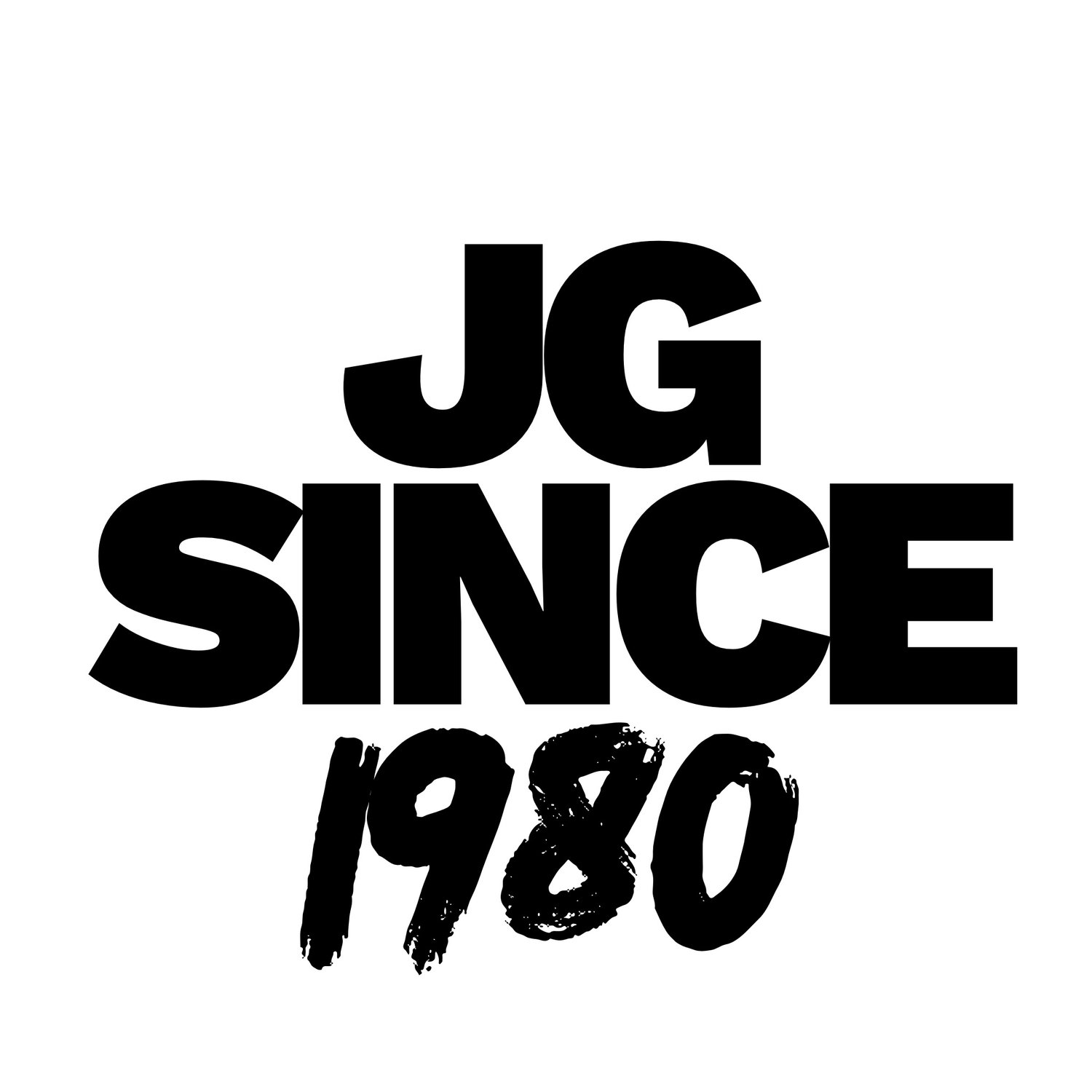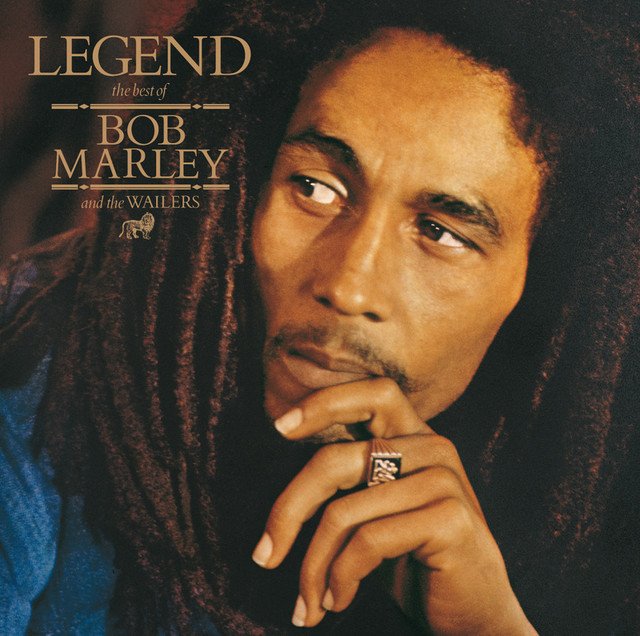Navigating Intersections: Societal Pressures and Invisible Knapsacks
As I settle back into life in New York City, which I consider both my home and personal sanctuary, as well as the headquarters for my work and research and development, the societal pressures regarding the decisions I want to make for my life feel insurmountable. In essence, one could simply say it's political. Everything is political. As a friend of mine texted, "Jameel, I am surprised you weren't aware that higher education is highly political."
As a black person, the societal pressure is twofold. I had hoped that leaving the Buffalo, New York area would relieve me of the pressures of living and working in an all-black neighborhood because "you're one of us," because "this is where the need is," because "you just don’t understand," "you're blind and not seeing clearly." Yet, there is no evidence of any particular advantage being afforded to me by adhering to such societal norms. On the other hand, when I go wherever I want and find myself in predominantly white spaces, the accusation is now that I am centering whiteness. Often, I simply shake off all the criticism and forge forward, doing what I want because I truly believe I can go anywhere, talk to anyone, and experience everything for my own sanity. However, just moving forward isn't healthy for me or beneficial to society. These microaggressions need to be unpacked if we are to build a more equitable and just society.
For instance, when I walk through a neighborhood I want to live in because it's central for my lifestyle, and it happens to be predominantly white, the societal pressure is once again twofold. Here comes the accusation of being a sellout on one hand, and the plea of "please don’t move into our neighborhood" on the other hand. I salute those of you who, I would assume, are like me, or simply understand the situation in general, or relate to my decision-making. Either way, I am simply making decisions based on what I want for my own life and business. In this post-[...] world— I don’t even know what to call it because it's not post-colonial, post-race, or post-anything—life and society will always be complicated, complex, and intersected. At least, this is the reality for those of us who choose to navigate these intersections like a deaf, dumb, and blind person. I like you can’t be bothered.
So, with all this in mind, I must admit and accept that I have lived and moved through life with a number of invisible knapsacks. In terms of race, class, gender, and a number of other varying factors, I chose to ignore them because I have taught myself to not allow any of these factors to limit or define me whenever I can control it. Let’s be clear, I am not deaf, dumb, or blind; I just choose not to acknowledge how these things manifest themselves at times. My personal experiences have taught me that they are indeed manifestations. If you enter into some of these spaces with enough disregard, you will see how the manifestations back down with ease and humanity wins. I must also note that this isn’t always the case. I have experienced moments when they don’t break down and humanity loses; however, these experiences are far and few in between. Most of the time humanity fails me is when others deliberately decide they are going to teach me a lesson about these systemic issues, and most of these actions were taken by my own people. That’s a different essay for a different time.
There are a number of reasons why I am privileged and move through life with invisible knapsacks. The way I have taught myself is one of my knapsacks. Now, I am not saying I am colorblind, for instance; I am just saying I choose not to be impacted by these factors when I can afford it. I was also born in Jamaica. This affords me other privileges or, let's call them, travel pouches for my knapsacks. People tend to love Jamaicans and view us as they view the island of Jamaica. They associate us with vacation vibes, and that’s mostly true. I also had the privilege of being born in a country with black people in power. So I don’t have a desire to champion such causes because, quite frankly, government is government. Just because our government leaders are black doesn’t necessitate a utopia of some form.
I also have the privilege of being versed in hip-hop. As an art form, no other musical genre has crossed cultural boundaries like hip-hop music. How does this come into play? Well, it’s one of the world's most dominant musical genres, and it is expressed within the culture in which we live. So no matter where I go, there’s an almost instant cultural association, whether it’s through fashion, language, design aesthetic, creative direction, or the music itself. I could elaborate more, but I don't want to lose my point. Culturally, in a global context, we have more in common than we like to admit. I want to say more so than any other time in history because of the prevalence of social media, but let me do more research on this. However, these cultural and societal elements also form many of my knapsacks. I know I am not the only one who is honest with themselves about these realities.
What this really comes down to for me is understanding how we as humans choose to project ourselves. Even when I was living in Buffalo, New York, I was surprised to find Confederate flags flying in neighborhoods. However, when I engaged with the people, I found that they really cared about the economy and their pride relates to "their country" because they are indeed Americans. Let me highlight that these projections can break down, and humanity wins. However, when it comes to matters of "shared values," projections are affirmed, and you may be chased out of town. All these reflections have taught me to be aware that all these experiences of mine have afforded me many knapsacks.
If I were to summarize it all, it all comes back to politics. From this perspective, it helps me understand why no matter where I go, whether predominantly black or predominantly white, I will face the same societal pressures. Coming from this post-whatever-we-want-to-call-it world, being apolitical is not an asset or anything you may want to assert. However, my focus and attention will remain invested in humanity. With all my knapsacks, I choose to believe that humanity will win, even when it fails me. As I learned from Mr. Sean Carter, “It’s politics as usual”.
This essay is a brief reflection of my experience as a student developing a think tank to address the climate crisis with practical solutions.
Oddly, and timely, I was introduced to Peggy McIntosh’ essay “White Privilege: Unpacking The Invisible Knapsack” during my personal studies this morning. I borrowed Peggy’s knapsack to write about my own personal experiences. Peggy is accurate. I don’t have her privileges. You can read Peggy’s essay about her experiences here: http://www.deaflibrary.org/nakamura/courses/visualanthro/readings/McIntosh2001-WhitePrivilege.pdf
🍃Even eco-friendly, AI-loving entrepreneurs need a stylish digital home—explore Shopify and Squarespace themes handpicked for you.
Copyright © 2024 Jameel Gordon - All Rights Reserved.

